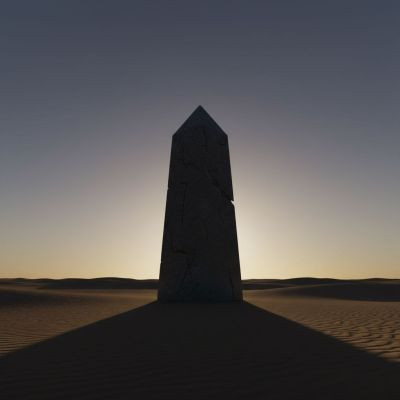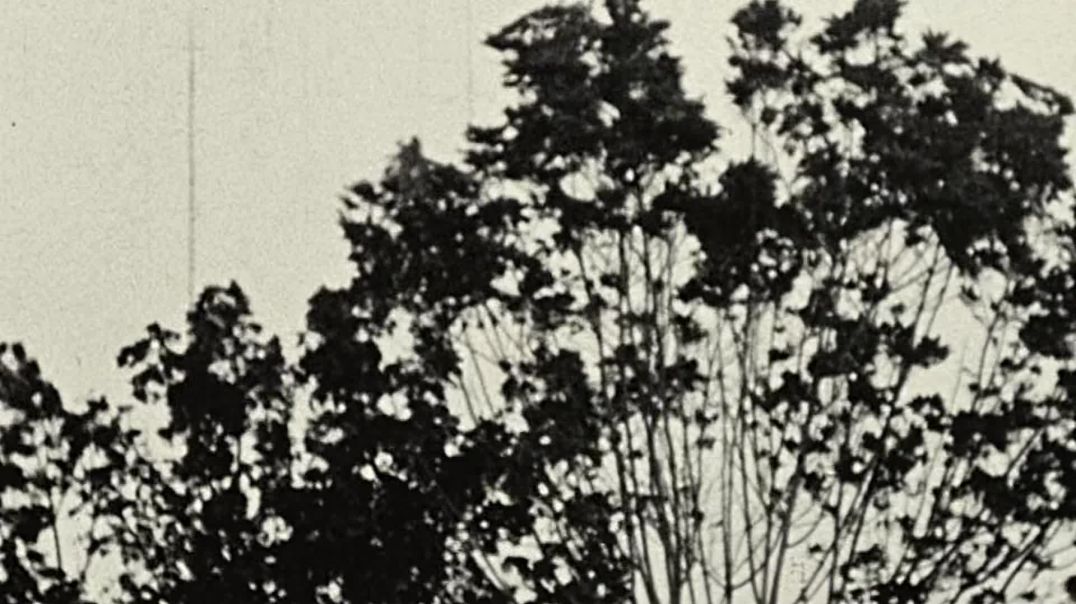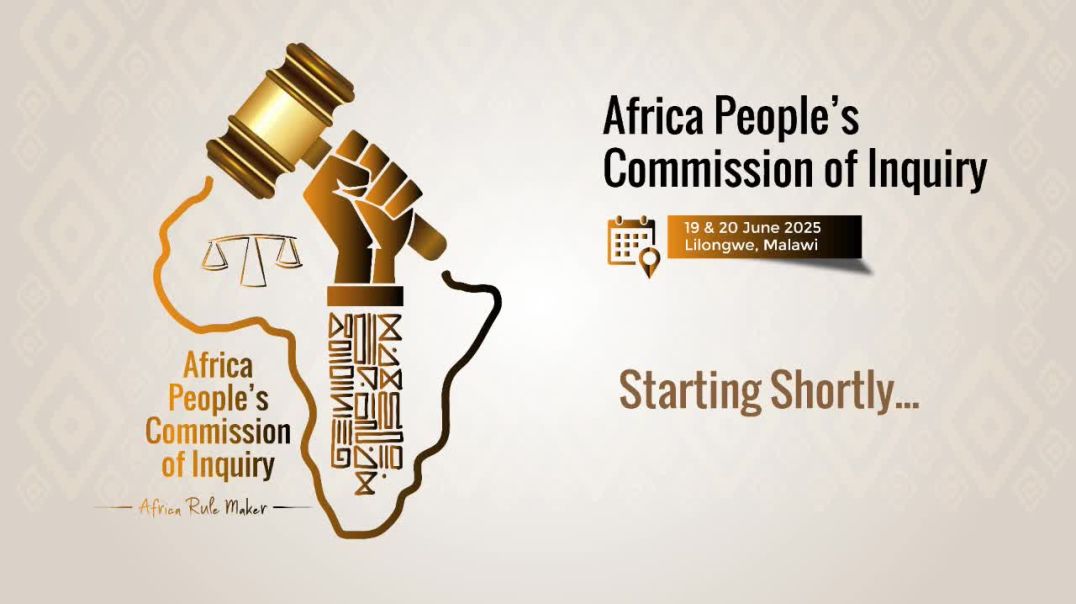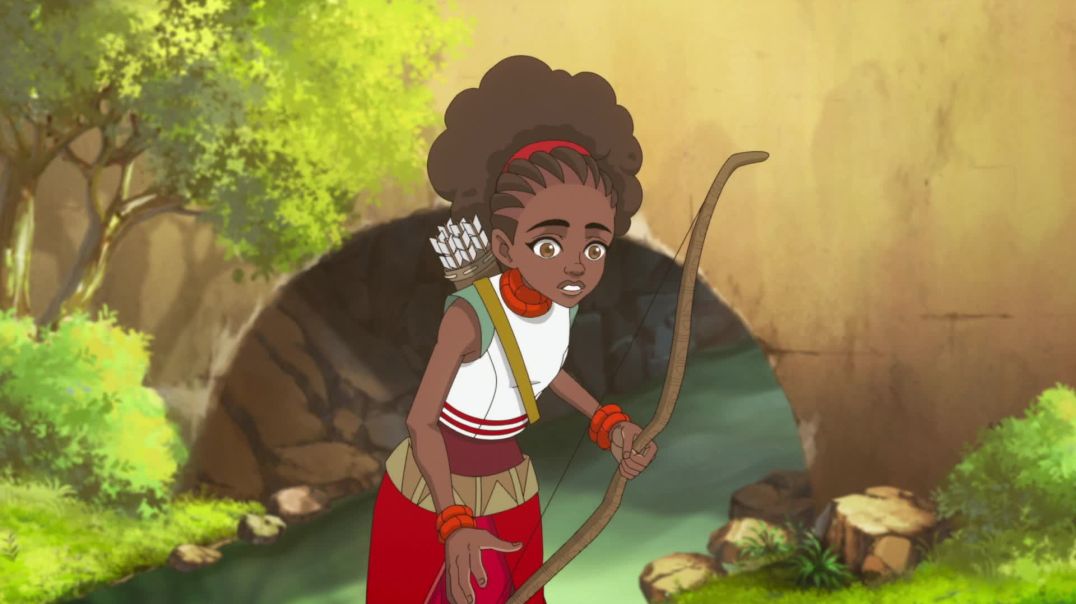Latest videos
Jazz and decolonization are entwined in this historical rollercoaster that rewrites the Cold War episode that led musicians Abbey Lincoln and Max Roach to crash the UN Security Council in protest against the murder of Patrice Lumumba.
A commission of inquiry into the policies of the International Monetary Fund and the World Bank that have entrenched Africa’s debt crisis, undermined public services, and driven inequality.
The commission of Inquiry will hear testimonies on how these institutions’ austerity measures and debt-driven models harm African development, with the goal of raising awareness, advocating for debt cancellation, and pushing for reforms that prioritise people over creditors.
Following a wave of coups in Mali, Burkina Faso and Niger, military regimes have entrenched their rule, established the Alliance of Sahel States (AES), withdrawn from the regional bloc ECOWAS, and dismantled mainly Western-led bilateral and multilateral stabilisation mechanisms. These shifts have caused further disruption to an already unstable region plagued by ever-growing jihadist violence and economic hardship. With multilateralism in retreat, bilateral power dynamics are taking on new roles: Russia, Turkey, Iran and increasingly Qatar and the UAE are vying for diplomatic influence and economic footholds in the region.
In this edisode, I sit down with Timothy Kalyegira, a seasoned journalist and political analyst, to unpack the escalating tensions surrounding Gen. Muhoozi Kainerugaba’s controversial actions.
From his provocative tweets threatening EU ambassadors to the detention and alleged torture of Eddie Mutwe, we explore how these incidents are straining Uganda-EU relations.
Will the Patriotic League of Uganda (PLU) party’s planned peaceful demonstration proceed amidst this crackdown?
Timothy offers his sharp analysis on Muhoozi’s basement boast, the military’s role, and the broader implications for Uganda’s democracy.
A Black family in North Carolina has been harassed for decades by land developers attempting to take their waterfront property.
Iyanu, Biyi, Toye and Ekun reach The Source Mountain and meet the Guardians; Iyanu must pass the three trials to prove she's the Chosen; Chancellor Nuro, possessed by the Fallen One, tracks them across the Rinku Plains to stop her.
When a teenage orphan girl, Iyanu, unknowingly triggers her Divine Powers, she escapes Elu, the last standing city in the known world, and embarks on a journey to discover the truth about the evil lurking in the realm of Yorubaland.
Fleeing the evil Chancellor Nuro, Iyanu meets the Corrupt Divine Beast Ekun and a mysterious boy named Biyi. As she uncovers her extraordinary powers, she also explores hidden treasures beyond the Walls of Elu.
Midrand, South Africa – It wasn't just another day at Nizamiye Primary and High School. The school grounds became a vibrant hub of innovation, ideas, and hope. Over 185 projects from Grade 4 to Grade 10 learners lit up the Nizamiye Science Expo 2025, with one purpose: to solve real-world problems faced by South Africa and the continent.
Each corridor echoed passionately—from makeshift DNA labs to eco-brick construction demos, from human-powered energy generators to piezoelectric tiles that lit up with every footstep.
Tamil Hassan Binda showed us how extracting DNA doesn't need a lab—just household ingredients and curiosity.
Azaria and Sarah took energy to the streets (literally!) with tiles that generate power when you walk—imagine lighting up Joburg's sidewalks just by walking.
A young innovator designed a human-powered USB charger using a crank and dynamo to tackle load-shedding, proving that when Eskom goes dark, innovation shines.
A hydro-powered grid project reminded us of the untapped potential of Africa's rivers. At the same time, another team tackled heart health by analyzing how energy drinks affect the cardiovascular system and proposing natural alternatives like beetroot juice and green tea.
Another standout is eco-bricks, which are built from eggshells, plastic, and soil. They are strong, sustainable, and a brilliant solution to Africa's plastic waste crisis.
Why it matters:
This is more than a school expo. It's a vision of Africa led by its youth. These learners are not just studying science; they're applying it to transform communities, address power crises, improve public health, and rethink sustainability.
Initiatives like these spark the homegrown solutions that BRICS and Agenda 2063 champion, as the continent grapples with energy challenges, environmental threats, and youth unemployment.
Africa's future isn't waiting. It's being built—one school science expo at a time.
Today's short talk on Languages
A new series posing interesting questions about current news
Elu descends into civil war as Biyi, Oba Adeyinka and Kanfo tell
personal stories of past heartbreak; Iyanu, Toye, Ekun and Biyi struggle
to reach The Source, while Olori continues her search for Iyanu.
26 royal treasures of the Kingdom of Dahomey are about to leave Paris to return to their country of origin, the present-day Republic of Benin. Along with thousands of others, these artefacts were plundered by French colonial troops in 1892. But what attitude to adopt to these ancestors’ homecoming in a country that had to forge ahead in their absence? The debate rages among students at the University of Abomey-Calavi.
With the Riverlands Settlement in ruins, Iyanu, Biyi, Toye and Ekun must
cross the perilous Rinku Plains to find the source -- the key to
Iyanu's powers and lifting the curse from Yorubaland -- while adjusting
as a new team
Iyanu, Biyi and Sewa face the corrupt divine beast Ekun and the vicious
people of the deep; in Elu, workers' district citizens demand justice
from Oba Adeyinka and chancellor Nuro's oppressive regime.
As the Workers' District faces extreme strain and Elu's political
climate worsens, Iyanu intensifies her training with Mama Sewa while two
formidable military forces converge on the Riverlands Settlement to
capture her.
Kanfo, the leader of the Eso Warriors of Elu, brings his inquisitive son Toye along on the hunt for Iyanu; she encounters Mama Sewa, the astute matriarch of the Riverlands Settlement who has secret knowledge of Iyanu's past and powers.
Fleeing the evil Chancellor Nuro, Iyanu meets the Corrupt Divine Beast Ekun and a mysterious boy named Biyi. As she uncovers her extraordinary powers, she also explores hidden treasures beyond the Walls of Elu.
When a teenage orphan girl, Iyanu, unknowingly triggers her Divine Powers, she escapes Elu, the last standing city in the known world, and embarks on a journey to discover the truth about the evil lurking in the realm of Yorubaland.
Direct Arene nationale Grand Combat Thianta bou Yoff vs Zinga bou Malika






















